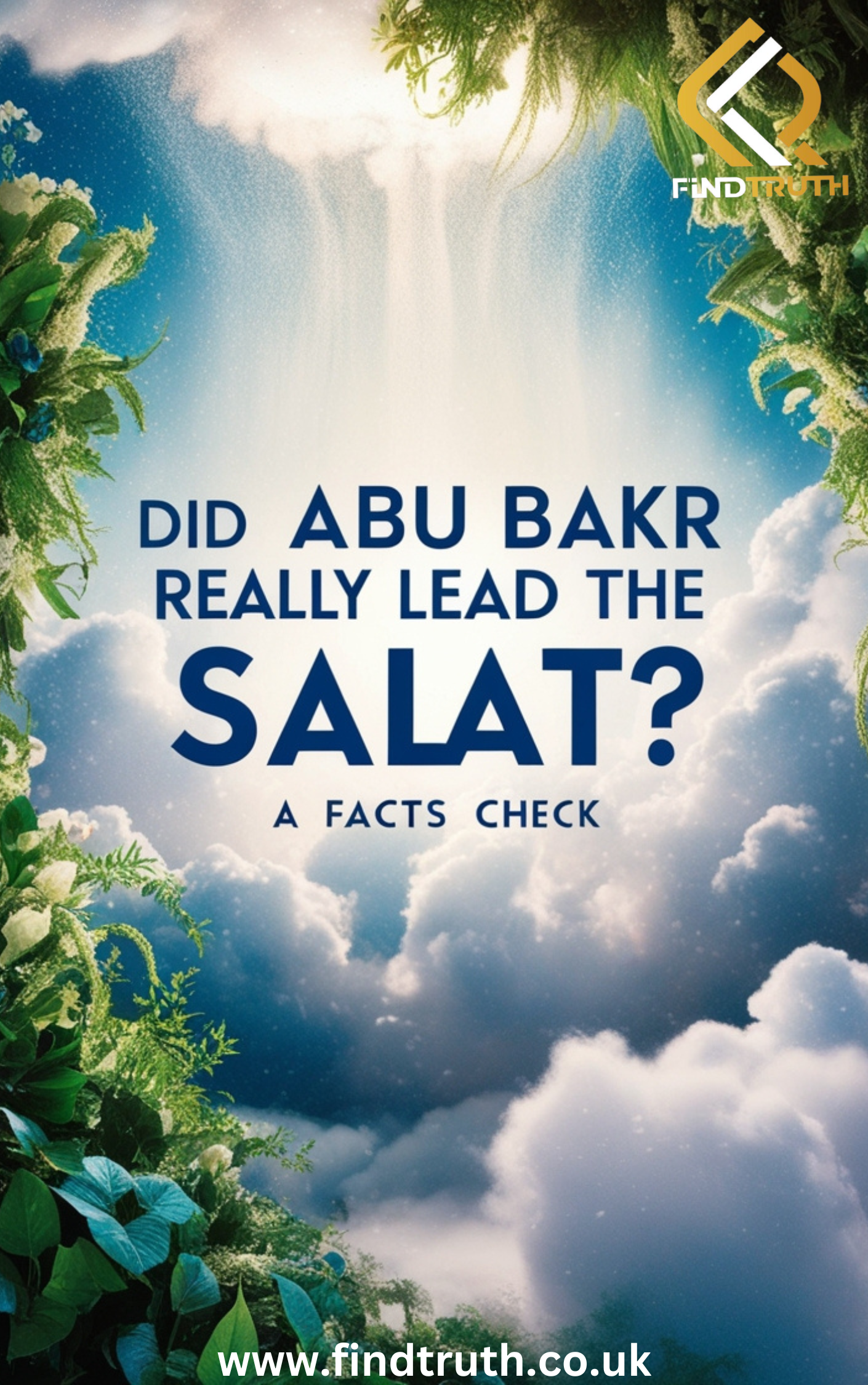
- Beliefs
-
Muslim Practices
- Salah (Daily Prayers)
- Sawm (Fasting)
- Hajj (Pilgramage to Makkah)
- Zakah (Charity Giving)
- Khums (Giving One-Fifth of Annual Saving)
- Jihad (Striving in the Way of God)
- Amr bil Ma'ruf (Encouraging Good)
- Nahy 'an al-Munkar (Stopping Evil)
- Tawalla (Loving the Prophet & His Family)
- Tabarra (Disassociating from the Enemies of the Prophet and His Family)
- Islamic Education
-
Akhlaq - (Ethics)
-
Quran & Sciences
-
Islamic History
-
Socio-Cultural
- Islamic Holy Places
-
Supplications
- Home
- Feature Selections ★
- Beliefs 🛐
-
Muslim Practices ☪️
- Salah (Daily Prayers)
- Sawm (Fasting)
- Hajj (Pilgramage to Makkah)
- Zakah (Charity Giving)
- Khums (Giving One-Fifth of Annual Saving)
- Jihad (Striving in the Way of God)
- Amr bil Ma'ruf (Encouraging Good)
- Nahy 'an al-Munkar (Stopping Evil)
- Tawalla (Loving the Prophet & His Family)
- Tabarra (Disassociating from the Enemies of the Prophet and His Family)
- Islamic Education
-
Akhlaq - Ethics 🔑
- Quran and Sciences 📖
-
Islamic History
- Socio-Cultural
- Islamic Holy Places
- eBooks
- Did Abu Bakr Really Lead the Salat?: A Facts Check
Did Abu Bakr Really Lead the Salat?: A Facts Check
This book critically explores the commonly narrated story that Abu Bakr led the Muslim congregation in prayer during the final days of the Prophet Muhammad (s.a.w.w.), when the Prophet was ill. The claim is often used to argue for Abu Bakr's leadership legitimacy in succeeding the Prophet (s.a.w.w.) as the first caliph. Through a meticulous analysis of historical sources, narrations, and reports from both Sunni and Shia perspectives, the book provides a balanced view on whether this event actually took place as it is often depicted. It investigates the discrepancies in the narrations and looks into the political and theological ramifications of the story, while also reflecting on how different sects of Islam view this pivotal moment in Islamic history.










